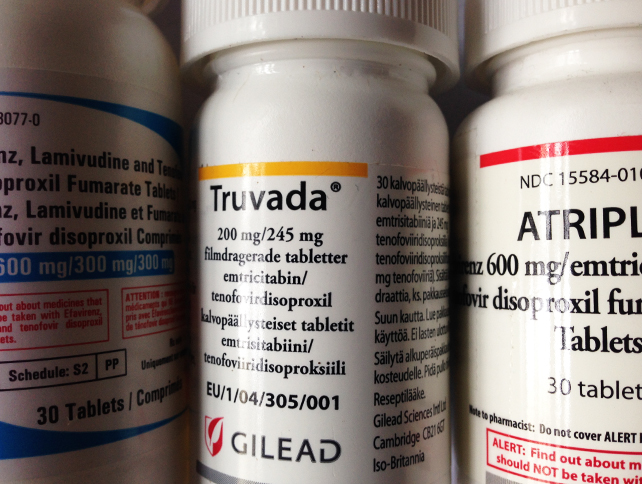Of those who had heard of it, few understood pre-exposure prophylaxis (PrEP) to be a physician-prescribed regimen; with most believing it to be a pill taken before and/or after sex and acquired on the street or through HIV-positive friends.
This was the finding of “Misunderstanding of Pre-Exposure Prophylaxis Use Among Men Who Have Sex with Men: Public Health and Policy Implications”, a study by Steven P. Kurtz and Mance E. Buttram, published in the “LGBT Health”.
The authors noted that as it is, “in the absence of a rapid and broad-based public health response following the approval of FTC–TDF use for PrEP among men who have sex with men (MSM), there is concern that incomplete knowledge of PrEP use and health monitoring requirements, as well as the high cost of the medication, may lead vulnerable MSM to seek access to FTC–TDF through ARV street markets.”
At least since 2004, the non-prescribed use of antiretroviral medicine (ARVs) for HIV prevention has been documented among high-risk MSM, the authors added.
Few participants understood PrEP to be a medication prescribed and monitored by a physician, and – perhaps a greater concern for the authors – is “the extent of misinformation about PrEP… Among men who had heard about PrEP, most believed that it consisted of a drug to be taken before and/or immediately after sex and that it was generally acquired on the street or through HIV-positive friends.”
It is still generally accepted that “individuals taking PrEP require frequent testing, regular health monitoring, and ongoing behavioral support”.
The issue raised by the study has implications on current responses to HIV, since “informal use would increase risk for inconsistent drug access, unmonitored restarts, use when unknowingly infected, and compromised or counterfeit pills in the supply chain,” the authors stressed. As such, “MSM are urgently in need of culturally relevant knowledge about the efficacious use of PrEP as well as clear avenues of access for the medication.”
PrEP was only recently introduced in the Philippines, and even if budget has already been allocated to popularize its use, people continue to remain largely unfamiliar with it, just as access to it remains extremely limited.





























































